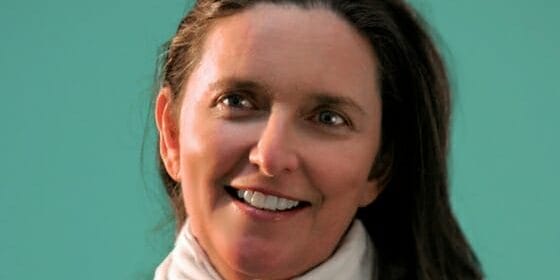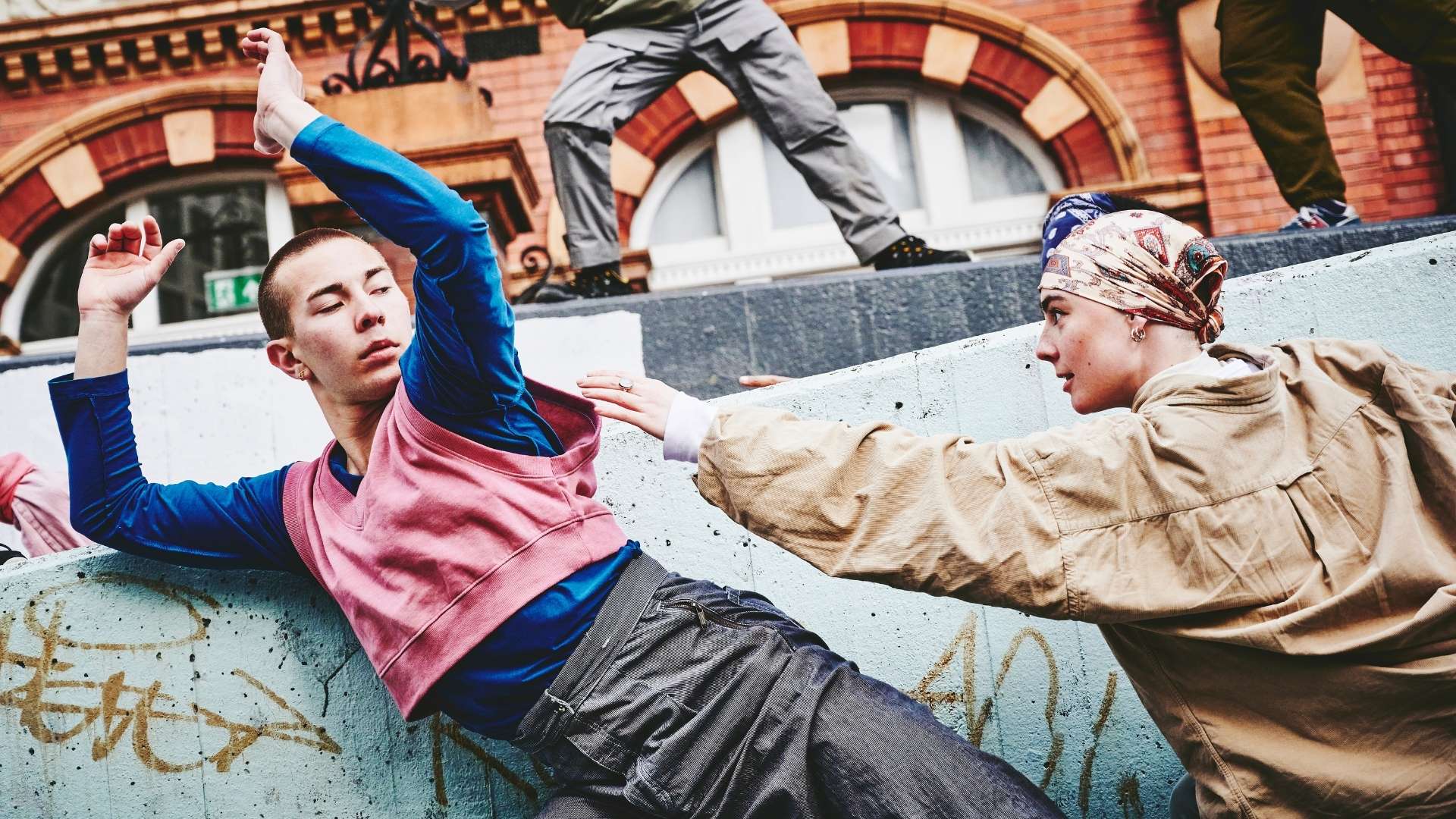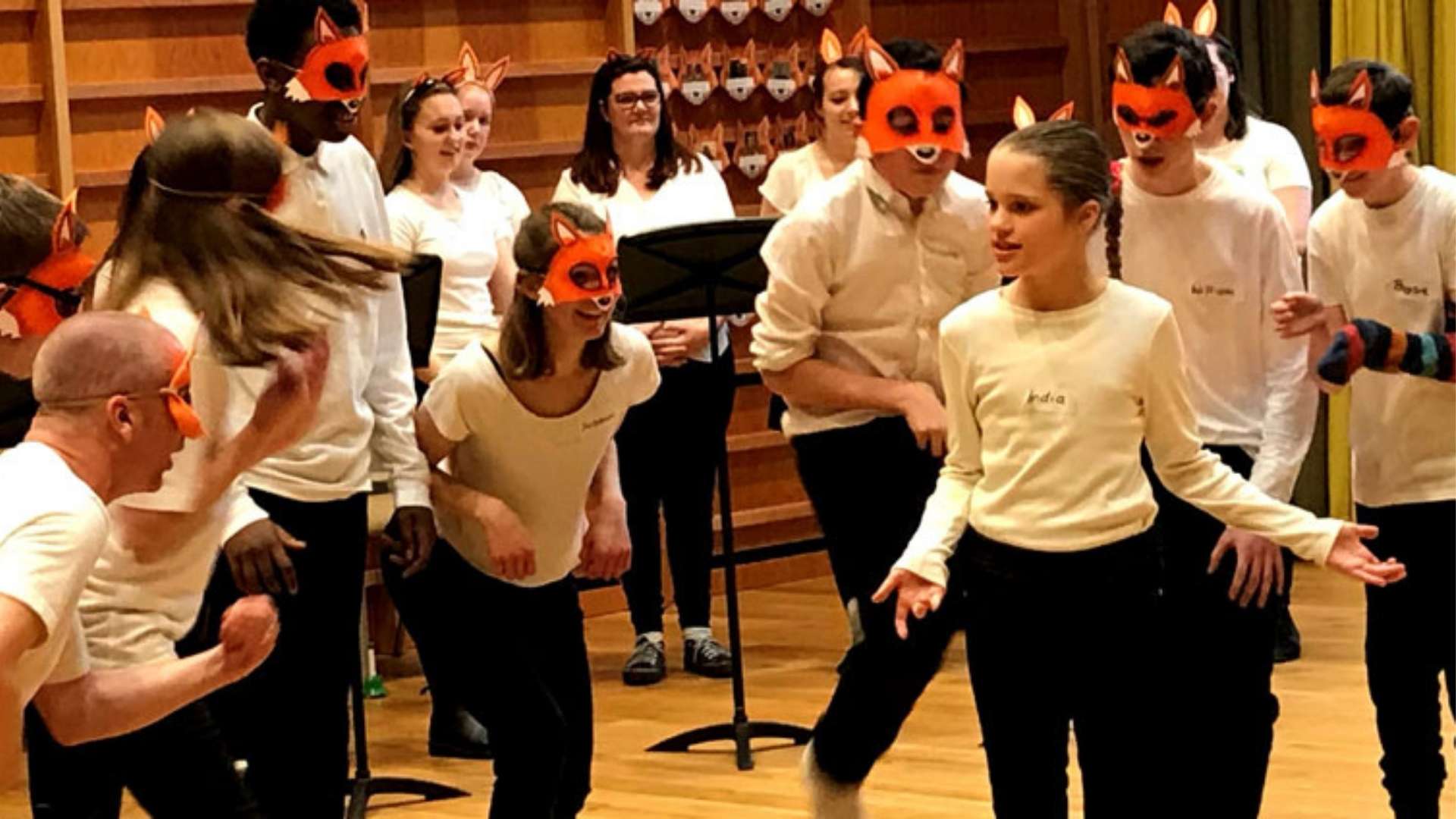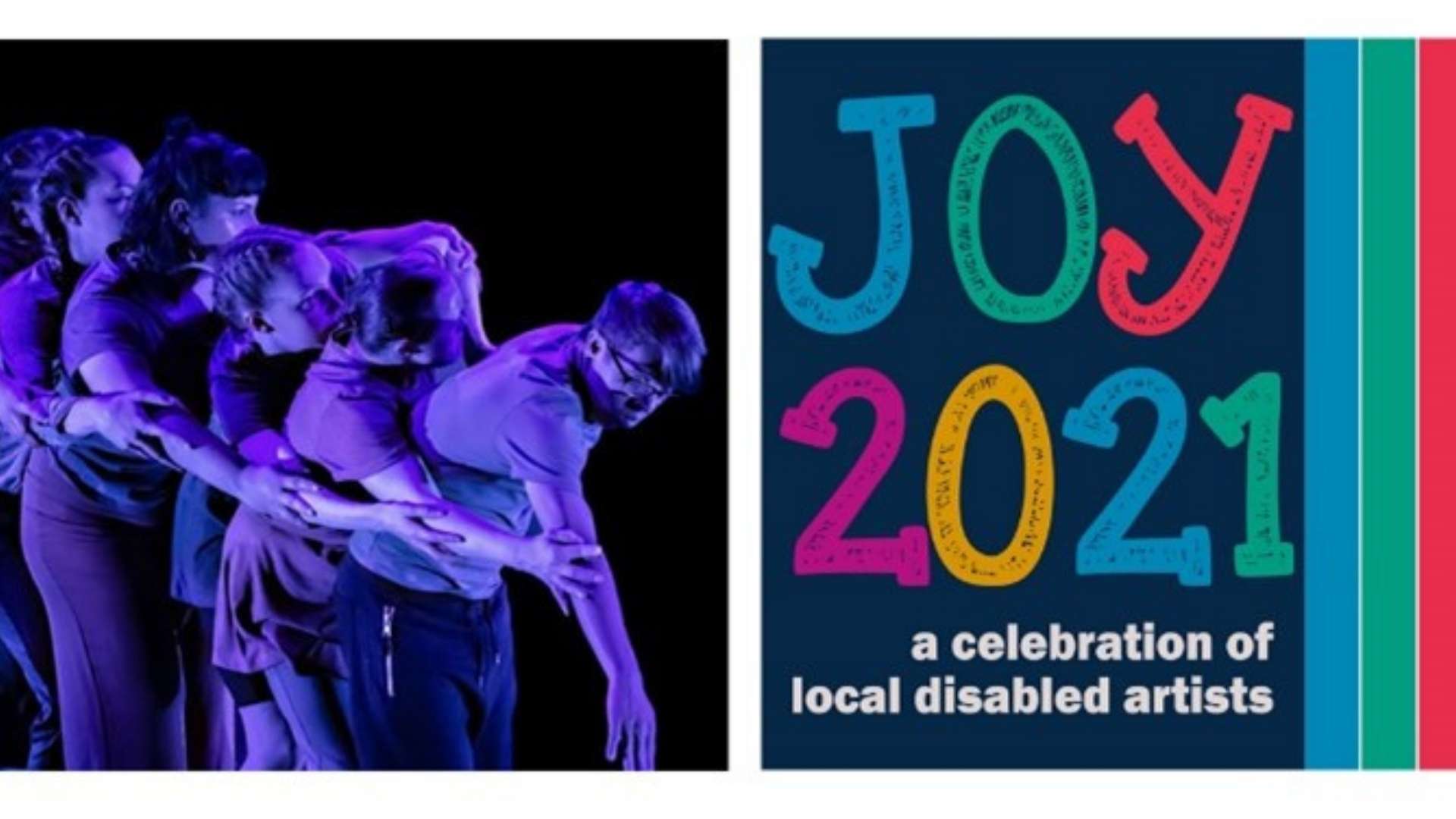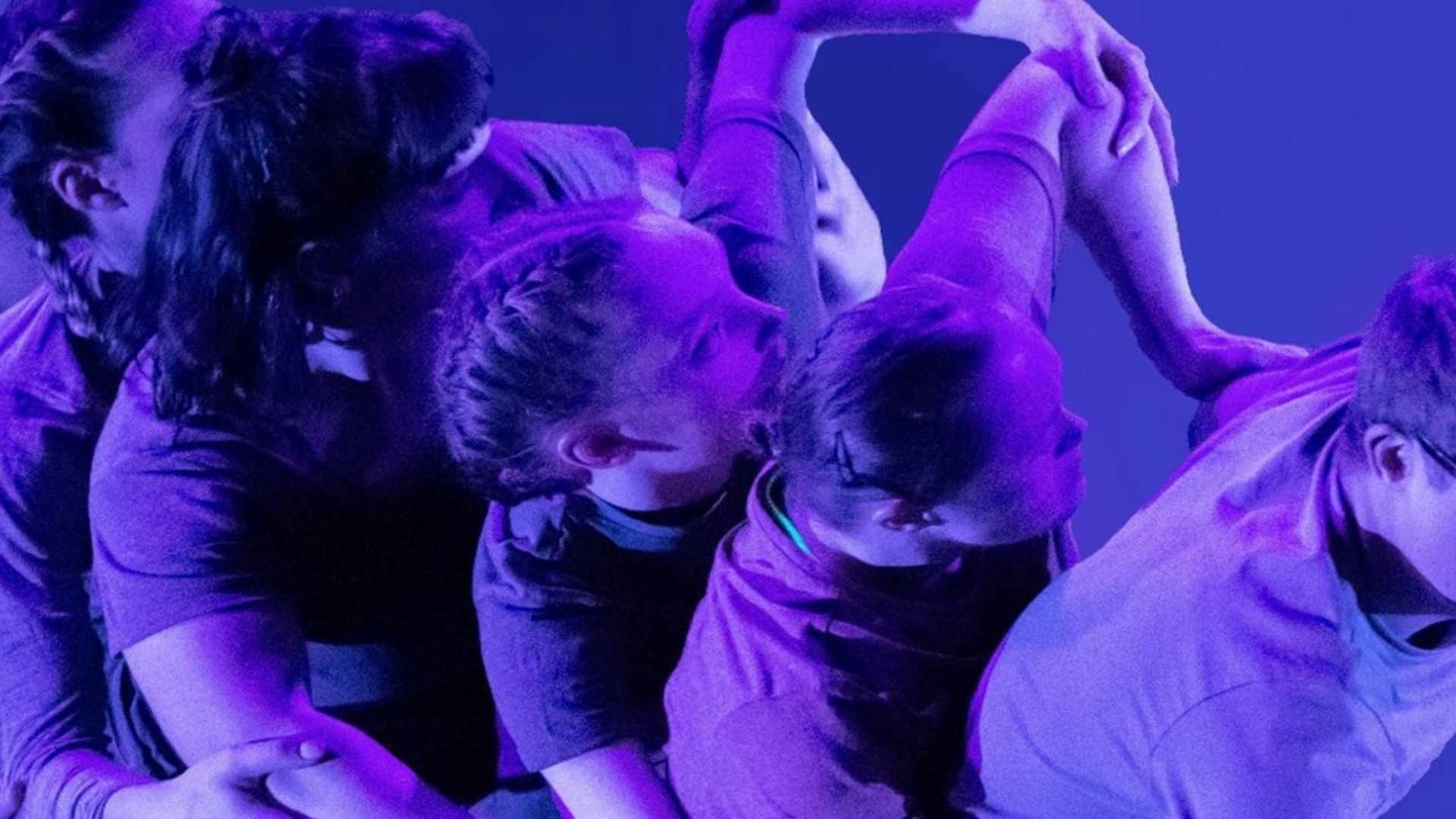In the world of performance, so often the producer is the hidden entity – turning the cogs but not necessarily noticed by the public. Turtle Key Arts are committed to developing talented emerging performing arts companies and to making art available to those that might not otherwise get the opportunity.
Turtle Key Arts, will have works by four of their exciting companies in London this November. We caught up with Artistic Director, Charlotte Cunningham to find out more.
Tell us a little about Turtle Key Arts?
Turtle Key Arts are producers of emerging performing arts companies and designers of new and innovative outreach projects using the arts. We currently have eight collaborating companies including Ockhams Razor, Joli Vyann, AIK Productions, Redcape Theatre, Oddly Moving, Open Sky, Slot Machine Theatre and Amici Dance Theatre Company. Our outreach projects include partnerships with English Touring Opera, Royal College of Music, National Portrait Gallery, Wigmore Hall and the Universities of Oxford, Reading, Wolverhampton and York.
Turtle Key Arts prides itself on being about Access to the Arts. This was one of the founding principles of our organisation and the way that we deliver on this aim is constantly reassessed.
You’re recognised as a leader in advancing participation in the arts by disabled, disadvantaged and socially excluded people, why was it so important to you to do that?
This was genuinely our starting point as young optimistic entrepreneurs who wanted to change the world. At the time we knew that there were people with interesting voices and points of view that were simply not being heard. They couldn’t physically get onto the stages and it felt like the time for a small revolution. This atmosphere pervaded the venue in our early days at Turtle Key Arts. We ran ground-breaking disability festivals like Upstage – a springboard for young disabled performers into professional careers, hosted Survivors Poetry for the survivors of the mental health system and fought for more accessible buildings and more opportunities like the technical and administrative placements for young disabled people that we pioneered.
Over the past 27 years we have had no reasons to change our belief that full participation brings so much to us as an organisation and generally in the arts. Creativity is at the core of our humanity and therefore everyone has something to bring. From the inspiring lyrics written by people with dementia to the unique opera devised by our young people with autism, our belief is backed up on every project that we run.
You have four diverse companies performing in London, what can you tell us about them?
Joli Vyann combine acrobatics and contemporary dance to tell topical stories. Oddly Moving’s debut show He Ain’t Heavy is a touching autobiographical account of growing up with a disabled sibling using physical theatre, aerial circus, audience interaction, storytelling and puppetry. Your Toys by Slot Machine Theatre is an innovative family show that incorporates the children’s toys as puppets into the story. Ockham’s Razor are the UK’s number one aerial theatre company telling stories using the vulnerability, trust and reliance that exist between people in the air.
Who will these shows appeal to?
There’s something for everyone, Joli Vyann appeal to people of all ages from the circus and dance world, Oddly Moving is for anyone interested in theatre and story-telling with a particular interest to those affected by disability, Your Toys is a family show for 5-9 year olds and their adults, Ockham’s Razor’s appeal is truly universal appealing to all ages and interests.
Would these companies have had the same opportunities without Turtle Key Arts?
Our choice of collaborating companies and projects is something that we think about very carefully. We ascertain whether our involvement will really make a difference to the careers of those artists – can we help them overcome some of the very real barriers into this profession? Although all of the companies touring to London this week are at very different stages of their development, I think it is fair to say that without our support the shows that they are presenting would either not have happened or would be at a very different level of artistic quality and production values.
What would you say to anyone who feels excluded by the Arts and is reading this?
I would say that I understand why they might feel this. Cultural institutions have to make a big effort to break down their barriers and often these are as simple as perception and ease of communication and access. You may think the arts are not for you or you may feel that it is just too difficult to sign up for a project or to book a ticket. You may also just not think you can’t afford to take part.
That is why you need to be invited into a space or onto a project and the organisations have to see it as a real privilege to have you there. There can be no complacency from the side of the arts organisations.
Without you – the audience, the workshop participants, the artists of the future – they will cease to be relevant very quickly. As arts organisations we need to call you, to welcome you in person when you come and to talk to you directly and sometimes to ensure that you don’t need to pay for taking part – making sure that your experience is better and different to that which you might have if you were to make another choice eg: going to the cinema or to a bar or restaurant or just staying at home.
Once you have crossed the threshold and had that first experience, I very much hope that you will keep looking for the next opportunity.
Full details of the shows performing in London can be found here.


